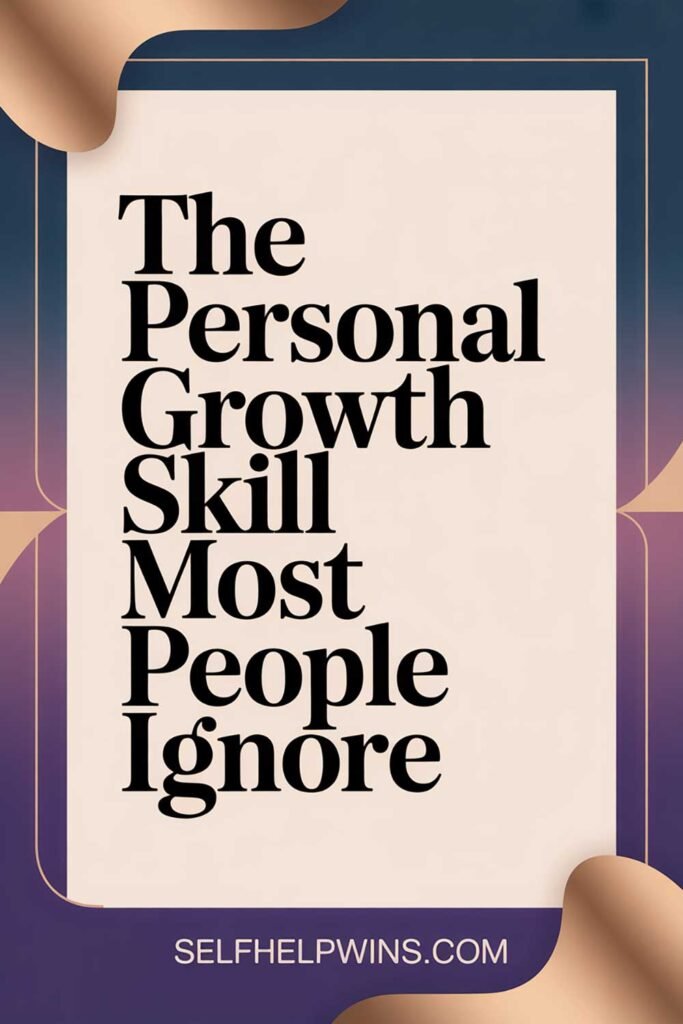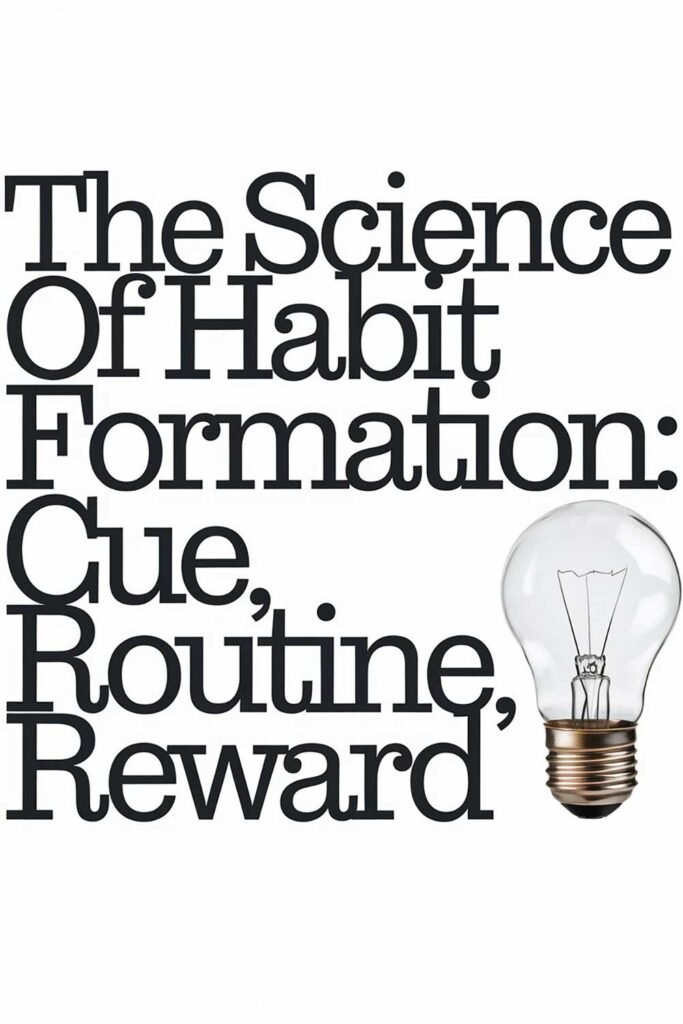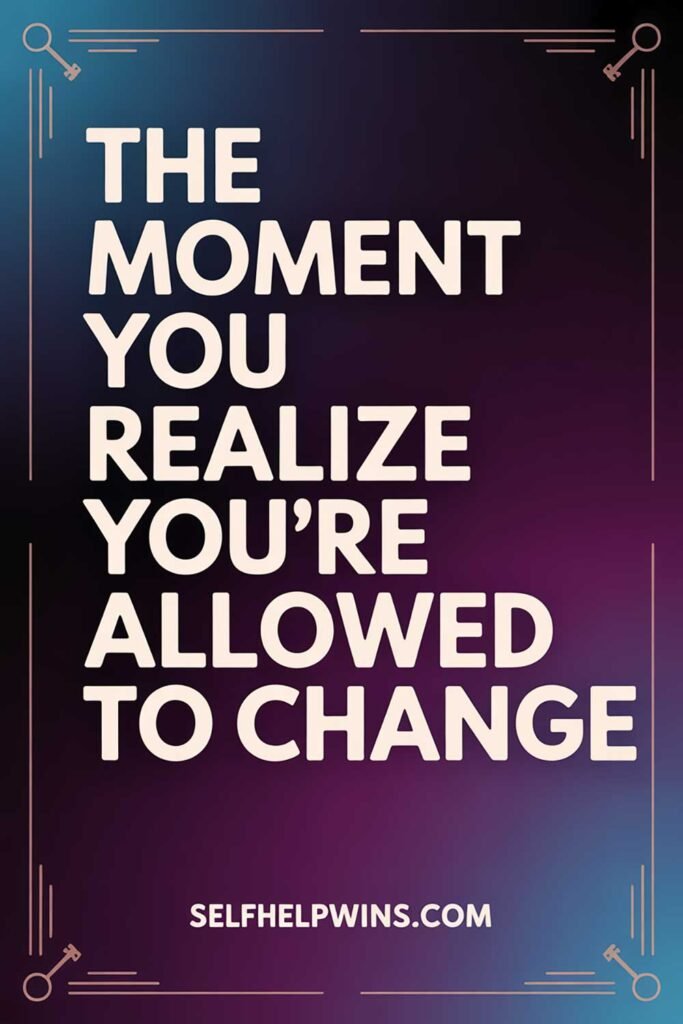Good Habits for Mental Health and Emotional Wellness
Taking care of your mental health is just as vital as tending to your physical well-being. In fact, your emotional health influences everything—from your relationships and work performance to your ability to cope with stress and bounce back from setbacks.
But here’s the good news: you don’t need to make massive changes overnight. Small, intentional habits practiced consistently can lead to long-lasting emotional strength, clarity, and peace of mind. Whether you’re recovering from a tough season or just looking to boost your overall well-being, these good habits can transform how you think, feel, and live.

This article dives deep into proven habits that promote mental health and emotional wellness, supported by real-life examples, scientific insights, and practical tips you can implement today.
1. Practice Daily Gratitude
Gratitude rewires your brain to focus on the positive. It helps reduce anxiety and fosters optimism.
Example: Sarah, a teacher managing burnout, began writing three things she was thankful for each morning. Within weeks, she noticed a significant boost in her mood and energy.
Action Tip: Keep a gratitude journal and write three things each day you appreciate—no matter how small.
2. Create a Consistent Sleep Routine
Lack of sleep contributes to irritability, anxiety, and depression. A regular sleep schedule supports mental clarity and emotional regulation.
Example: Mark, a freelance writer, struggled with anxiety. By committing to an 11 p.m. bedtime and avoiding screens before bed, he began waking up refreshed and less overwhelmed.
Action Tip: Set a regular sleep-wake time and stick to it—even on weekends.
3. Set Boundaries to Protect Your Energy
Saying “no” isn’t selfish—it’s essential. Boundaries reduce emotional exhaustion and increase self-respect.
Example: Lisa started declining weekend work requests and noticed her Sunday anxiety disappeared. Her productivity actually improved during the week.
Action Tip: Identify your limits and clearly communicate them to others. Prioritize what truly matters.
4. Move Your Body Every Day
Physical activity releases endorphins, which improve mood and reduce stress.
Example: James began walking for 20 minutes every morning. Over time, his depressive symptoms eased, and he found new clarity in his thoughts.
Action Tip: Even a 10-minute stretch or walk around the block can shift your mindset.
5. Limit Screen Time and News Consumption
Constant digital input, especially from negative news cycles, increases stress and anxiety.
Example: After deleting a few toxic apps, Tara found herself less reactive and more focused during the day.
Action Tip: Set boundaries for social media use. Try a 24-hour digital detox each week.
6. Practice Mindful Breathing and Meditation
Mindfulness centers your thoughts and helps you respond (not react) to life’s challenges.
Example: Carlos used a 5-minute breathing meditation each morning. He noticed fewer panic attacks and increased emotional control.
Action Tip: Download a meditation app or follow free breathing exercises on YouTube.
7. Journal Your Thoughts and Emotions
Journaling helps process feelings and recognize thought patterns that may be holding you back.
Example: Amber journaled each night for 10 minutes. Over time, she recognized triggers for her anxiety and learned how to manage them.
Action Tip: Don’t overthink it. Start by writing how your day went or what you’re feeling in the moment.
8. Connect with Supportive People
Strong social connections are crucial for emotional wellness. Isolation can worsen symptoms of depression and anxiety.
Example: After moving to a new city, Ben joined a hiking group. The community helped him rebuild confidence and feel less alone.
Action Tip: Call a friend, join a local group, or participate in online support forums.
9. Nourish Your Body With Healthy Foods
What you eat impacts how you feel. A balanced diet supports brain health and stabilizes mood.
Example: Leah replaced processed snacks with fruits, nuts, and leafy greens. She noticed fewer mood swings and more energy.
Action Tip: Incorporate more whole foods and reduce sugar and processed ingredients.
10. Engage in Purposeful Activities
Doing things that bring meaning and joy boosts self-worth and combats depression.
Example: After losing his job, Anthony began volunteering at an animal shelter. Helping others gave him purpose and restored his sense of identity.
Action Tip: Find a hobby, side project, or volunteer opportunity that excites you.
11. Practice Self-Compassion
Treat yourself with kindness, especially when things don’t go perfectly.
Example: Instead of criticizing herself for missing a workout, Julia reminded herself that one bad day doesn’t define her.
Action Tip: Notice your inner dialogue. If you wouldn’t say it to a friend, don’t say it to yourself.
20 Inspirational Quotes on Mental Health and Emotional Wellness
- “Your mental health is a priority. Your happiness is essential. Your self-care is a necessity.” – Unknown
- “You don’t have to control your thoughts. You just have to stop letting them control you.” – Dan Millman
- “Happiness can be found even in the darkest of times if one only remembers to turn on the light.” – Albus Dumbledore (J.K. Rowling)
- “Self-care is how you take your power back.” – Lalah Delia
- “There is hope, even when your brain tells you there isn’t.” – John Green
- “Talk to yourself like you would to someone you love.” – Brené Brown
- “What mental health needs is more sunlight, more candor, and more unashamed conversation.” – Glenn Close
- “It’s okay to not be okay, as long as you are not giving up.” – Karen Salmansohn
- “Healing doesn’t mean the damage never existed. It means the damage no longer controls our lives.” – Akshay Dubey
- “Small steps in the right direction can turn out to be the biggest step of your life.” – Naeem Callaway
- “Caring for myself is not self-indulgence, it is self-preservation.” – Audre Lorde
- “You, yourself, as much as anybody in the entire universe, deserve your love and affection.” – Buddha
- “The only journey is the journey within.” – Rainer Maria Rilke
- “Don’t believe everything you think.” – Unknown
- “Mental health is not a destination, but a process. It’s about how you drive, not where you’re going.” – Noam Shpancer
- “The greatest weapon against stress is our ability to choose one thought over another.” – William James
- “You are not your illness. You have an individual story to tell. You have a name, a history, a personality. Staying yourself is part of the battle.” – Julian Seifter
- “Take time to do what makes your soul happy.” – Unknown
- “Rest and self-care are so important. When you take time to replenish your spirit, it allows you to serve others from the overflow.” – Eleanor Brownn
- “Emotional wellness begins with a commitment to self-awareness and self-love.” – Unknown
🌟 Picture This
Imagine waking up and feeling a quiet calm. Your room is peaceful, your phone hasn’t buzzed yet, and you take a deep breath, grounded in the moment. You sip tea while journaling your thoughts. There’s no rush, no pressure—just presence. Later, you take a short walk, nourish your body with good food, and talk with a friend who lifts your spirits. You feel resilient, joyful, and at peace. These aren’t just habits—they’re a lifestyle, and they’re within your reach.
What small habit could you start today that your future self would thank you for?
🙏 Please Share This Article
If you found this helpful, please share it with someone who may benefit from it or post it on your favorite social media platform. We all deserve better mental health.
⚠️ Disclaimer
This article is for informational purposes only, based on personal experiences and public research. It is not a substitute for professional medical or mental health advice. Always consult a licensed professional for diagnosis or treatment options tailored to your unique needs.






